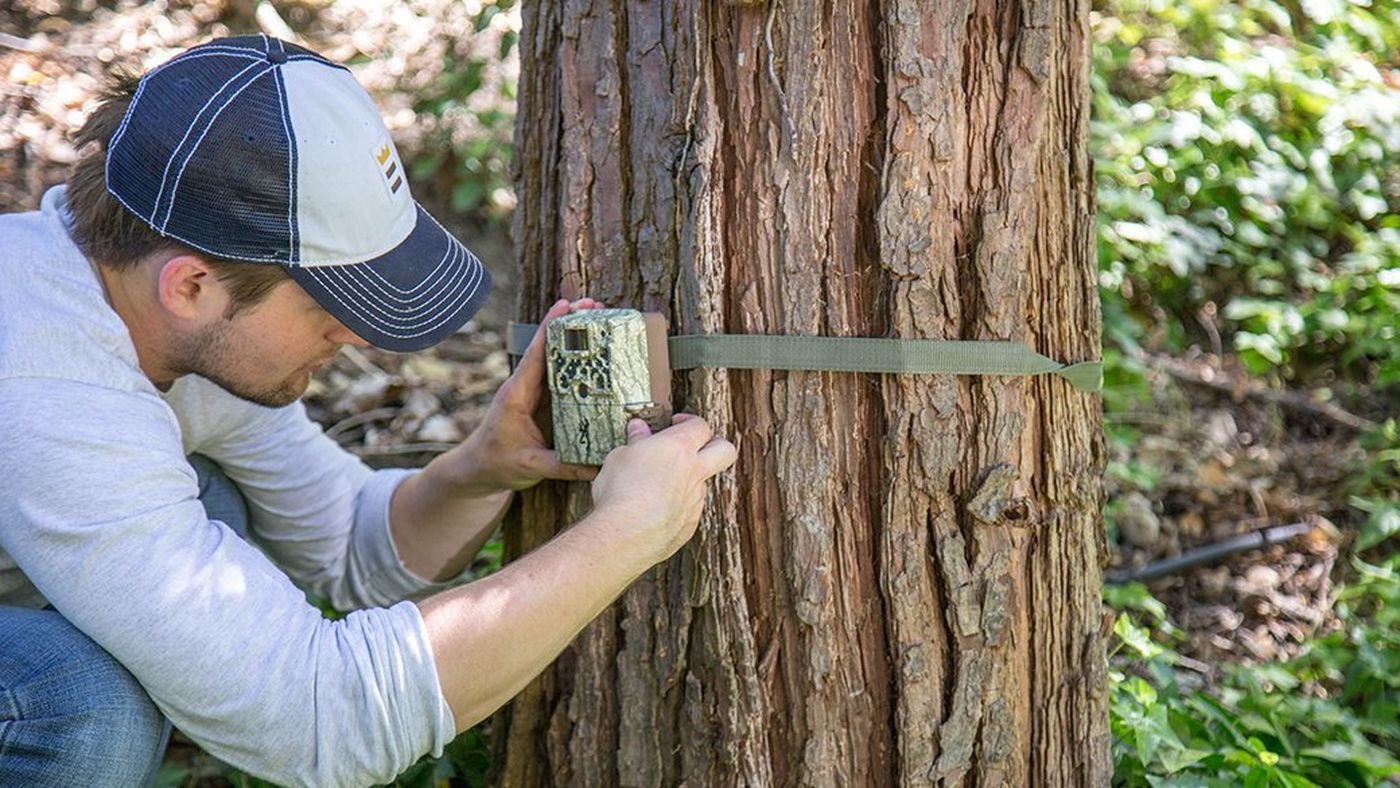
Anticipation. Research has shown that the happiest times in our life can be found when we are looking forward to doing something we enjoy. The fact that hunting is a season — and not a year-round activity — supports this. Whether it's something you do with your friends, your dad, your kids, your significant other, or even if you prefer to go solo, there's nothing that quite matches the sizzle of excitement as the seasons change and opening day approaches.
The best way to keep that rush flowing throughout the season is to have a rewarding year. Here are some tips to make this your best hunting season ever.
Hit the road.
You do the familiar because it's familiar; it gives you a tactical edge. But perpetually hunting in the same locale can dull the shimmer. Instead of an adventure, it becomes a routine. A change of scenery is all it takes to reinvigorate the soul. This season, instead of treading upon that well-beaten path, let wanderlust take the reins. Head out on a whitetail road trip and explore new territory.
Seek higher ground.
If you'd like to scout the area from an elevated vantage point, you can do that without renting a plane or investing in a pricey drone. Simply pull up a satellite view of the region from a free online resource to start getting a feel for the lay of the land.
Get competitive.
Nothing levels up an activity like a friendly wager. Once something is on the line, you become more invested in the pursuit. Create a little pool with your buddies. You don't have to make it too extravagant — just a few bucks for a buck, so to speak. The competition will naturally make you raise your game.
Slow it down.
There are a number of tricks for slowing the pace when you're on the hunt. After that adrenaline starts surging, a few motionless seconds can feel like a lifetime. One strategy is to put something jangly in your pocket. If you make noise, you're moving too fast. But like a bell on a cat, that can betray you at the most inopportune times. Alternatively, a predetermined amount of still time can be useful. Try executing no movement and no sound for five minutes — not just what feels like five minutes.
Take squirrel steps.
Despite how it might look, a deer hears pretty much the same way a human hears; it has no advantage on that level. When it detects the measured pace of a predator tracking its movements, a deer will become skittish and on the alert. In some instances, however, it may be possible to mask your movements by replicating non-threatening sounds that are native to the environment. The hurried shuffle and stop of a squirrel, for instance, could get you closer to your prey than a cautious stalk.
Keep warm.
You're going to be exposed to the elements for a long time. Some of the keys to maintaining adequate body heat are staying dry, shielding yourself from the wind, dressing in layers, and using strategically placed hand warmers. Remember to stay active, too. Extended periods of inactivity can make your body temperature drop. Little exercises and stretches can help you to stay warm.
Don't get too warm, though.
Although staying warm is essential — things like fingers don't work as efficiently when chilled — don't overdo it. If you're sweating, that means your body's cooling mechanism has been engaged. It also means it won't be long until all of that perspiration gives you a chill. Additionally, since they can smell you up to a half mile away, excess sweat might not be the best way to attract deer.
Conceal your scent.
For many reasons, it is impossible to remain scent-free in the woods. For starters, you breathe, and there's not really a way to refrain from doing that for the entire time you're in your blind. Still, that doesn't mean you shouldn't try to conceal your scent. Showering with scent-free soap can help. Sealing your clothes in a container with debris from the area can help. Spraying down with an odor eliminator after you reach your destination can also help.
Back off.
You've found it: that telltale sign that this is the place. But when you stumble upon hard evidence that you're in a buck's territory, that's not exactly where you want to be. Try to determine which way he'll be approaching and back off 40 or 50 feet downwind. This will offer you a better vantage point.
Attend dress rehearsal.
When you go to the range, wear the clothing and gear you'll be wearing in the field. Added weight and bulk will adversely affect your ability to perform, so you need to learn to make accommodations preseason. Even something as seemingly inconsequential as wearing gloves can require considerable adjustments to your technique, especially for bowhunters. Get used to the conditions now; don't wait until opening day.
Allen Foster is a writer for BestReviews. BestReviews is a product review company with a singular mission: to help simplify your purchasing decisions and save you time and money. BestReviews never accepts free products from manufacturers and purchases every product it reviews with its own funds.
BestReviews spends thousands of hours researching, analyzing and testing products to recommend the best picks for most consumers. BestReviews and its newspaper partners may earn a commission if you purchase a product through one of our links.
